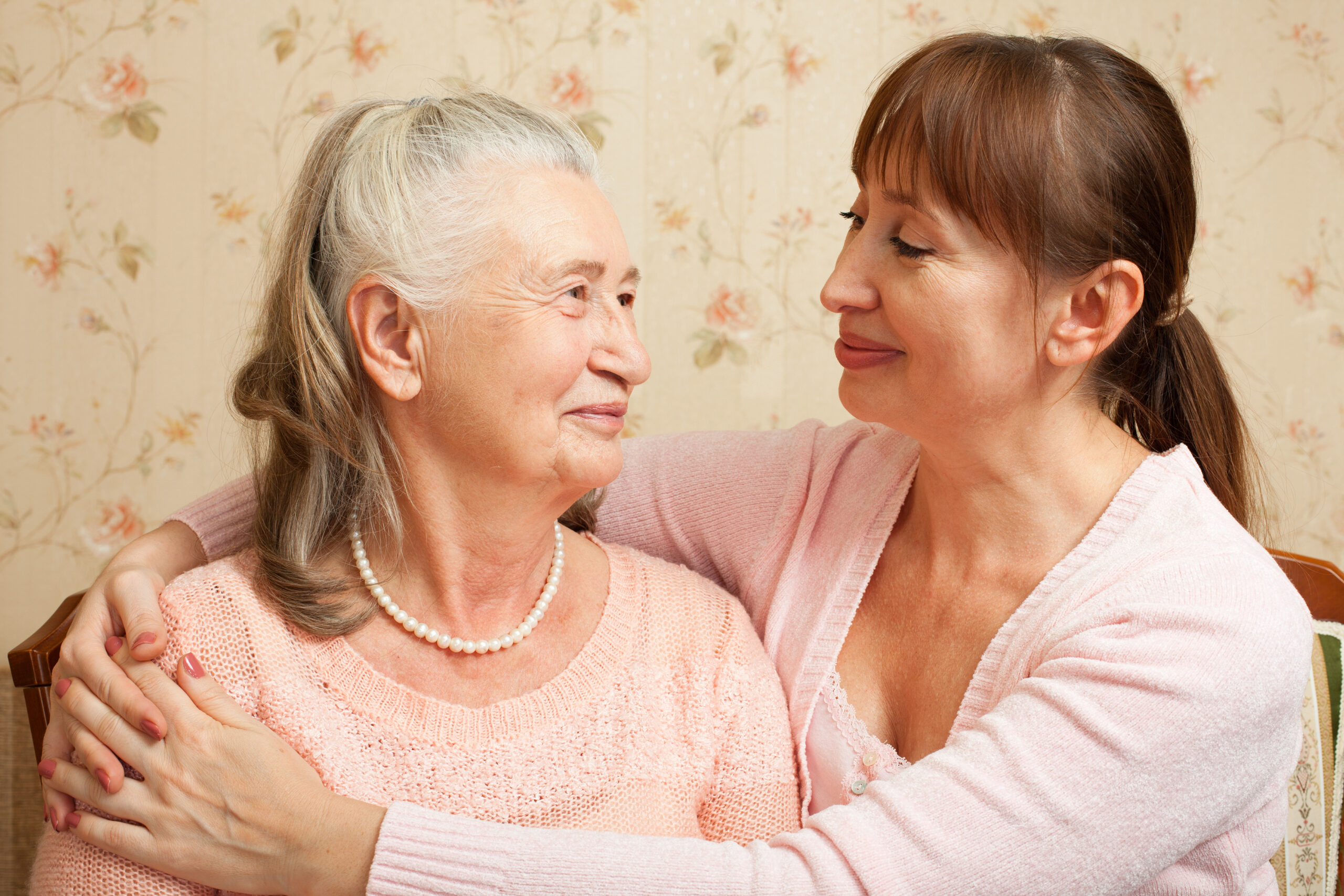Can you really “reverse” age-related negativity
Reversing age-related negativity is a complex issue that involves understanding how our attitudes towards aging can affect our well-being. It’s not about literally turning back the clock, but rather about changing our mindset and behaviors to live healthier, more fulfilling lives as we age.
First, let’s consider how negative attitudes towards aging can impact us. Research shows that people who view aging negatively often have poorer sleep quality and more maladaptive beliefs about their health[1]. This negativity can stem from societal stereotypes and age-related stigma, which can make older adults feel less capable or less valued. However, by challenging these stereotypes and fostering positive perceptions of aging, we can promote healthier behaviors and improve overall well-being[1].
Another important factor is social support. Studies have shown that intergenerational support and community connections play a significant role in the mental health of older adults[2][5]. When older adults feel supported and valued by their community, they are more likely to experience fewer negative emotions and better mental health outcomes[5]. This highlights the importance of building strong social networks and fostering a sense of community.
While the idea of “reversing” aging might seem like science fiction, there are real ways to improve health outcomes as we age. For instance, frailty, which is often associated with aging, can sometimes be reversed through appropriate interventions[4]. This involves addressing modifiable health conditions and improving lifestyle factors such as diet and exercise.
In conclusion, reversing age-related negativity is about shifting our mindset and behaviors to embrace aging positively. By challenging negative stereotypes, building strong social connections, and focusing on health improvements, we can live more fulfilling lives as we age. It’s not about turning back time, but about living each day with purpose and positivity.





